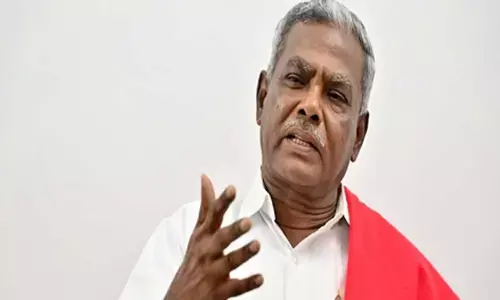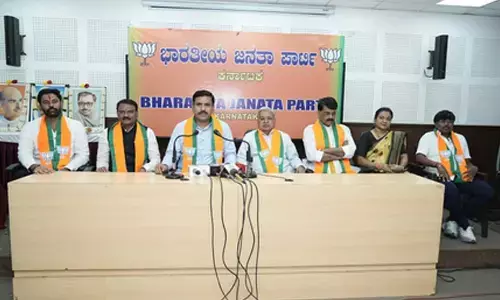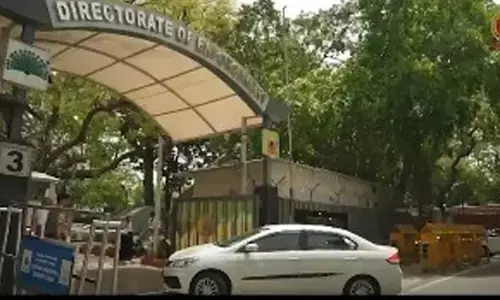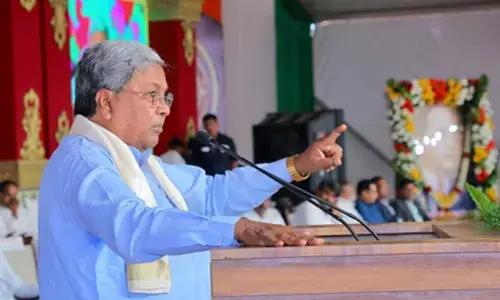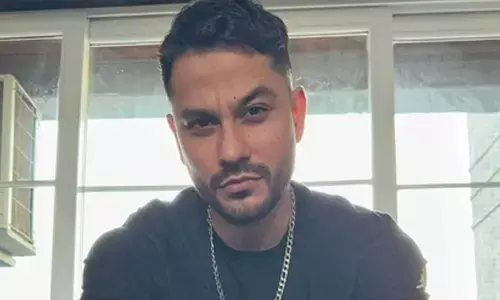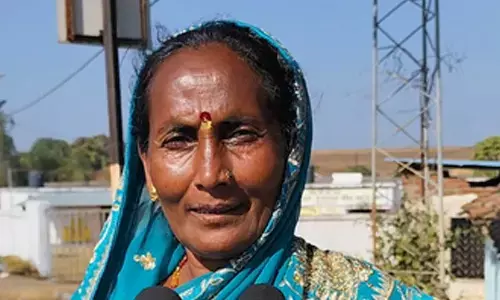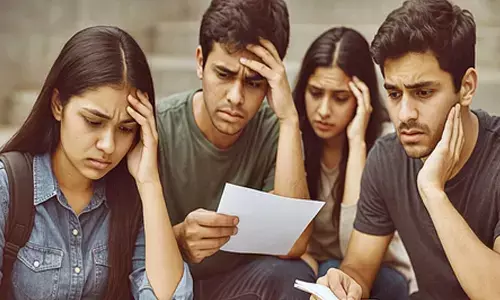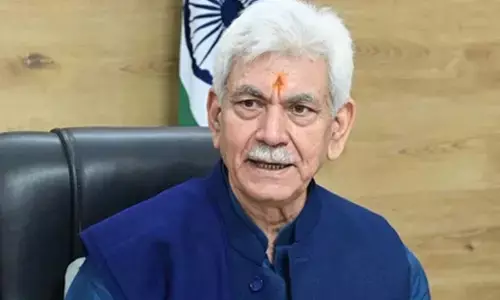Launch scheme a la Swachh Bharat: Gandhi Peace Prize awardee Yohei Sasakawa
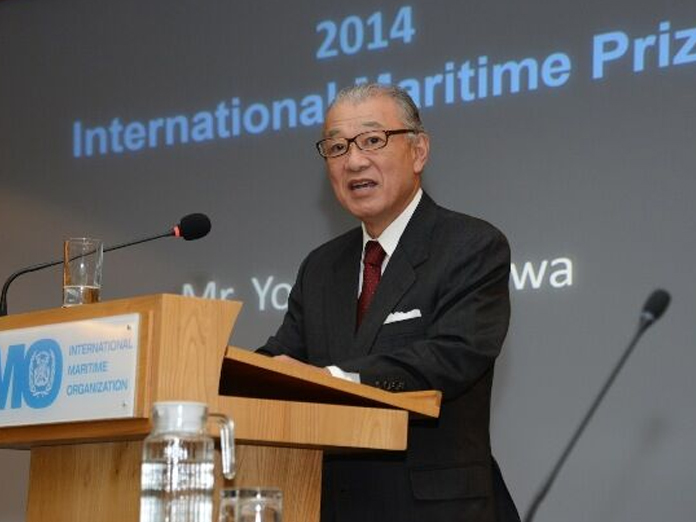
Gandhi Peace Prize winner Yohei Sasakawa has urged Prime Minister Narendra Modi to make the leprosy eradication programme as massive as Swachh Bharat Abhiyan and include it in school curriculum to remove the stigma attached to it
Include it in school curriculum to end the stigma
New Delhi: Gandhi Peace Prize winner Yohei Sasakawa has urged Prime Minister Narendra Modi to make the leprosy eradication programme as “massive” as Swachh Bharat Abhiyan and include it in school curriculum to remove the stigma attached to it.
According to World Health Organisation (WHO), India has the highest number of new cases of leprosy in the world annually, followed by Brazil and Indonesia.
WHO figures show there were 1,35,485 new cases in India in 2016, which is 63 per cent of the 2,14,783 new cases reported globally.
India officially eliminated leprosy, a chronological infectious disease caused by Mycobacterium Leprae, in 2005 by bringing the prevalence rate below 1/10000 at the national level.
However, it has not been able to eradicate the disease despite having it as a national target.
In fact, over the years several parts of India, especially rural belts of Bihar, Lakshadweep, Dadra & Nagar Haveli among others have witnessed new cases - all attributed to late diagnosis.
Sasakawa, the WHO Goodwill Ambassador for leprosy elimination, observed that leprosy patients face discrimination even after they get cured.
His Nippon Foundation supports the resolution of medical issues by backing activities related to detecting new patients and providing medical treatment in India through WHO.
“Until 15 years ago, the major focus was eradication of leprosy. But now another problem has come up and it is the stigma against leprosy patients even after they get cured.
People in the society are not ready to accept them,” Sasakawa said.
The 80-year-old social entrepreneur, who bagged the Gandhi Peace Award for his fight against leprosy, especially in India, said it was important for the country to give more focus on leprosy eradication programme.
“If I get a chance, I would definitely meet Prime Minister Narendra Modi and urge him to make the leprosy eradication programme a massive one like the Swachh Bharat Abhiyan so that there is focus.
Also, lessons related to leprosy should be included in the school curriculum so as to remove the stigma,” Sasakawa, who will be visiting Dadra & Nagar Haveli to check the newly detected cases, said.
According to the Ministry of Health and Family Welfare, as of March 2018, Dadra & Nagar Haveli witnessed 202 new cases of leprosy, followed by 6,499 in Chhattisgarh, 15 in Lakshadweep, 6,325 in Odisha, 14,338 in Bihar and 3,979 in Jharkhand.
The government initiated the leprosy control programme in 1955 which was revised as National Leprosy Eradication Programme (NLEP) in 1983.
Recently, the health ministry introduced several programmes for early case detections, such as Leprosy Case Detection Campaign, Focused Leprosy Campaign and Sparsh Leprosy Awareness Campaign.
Sasakawa called for the need for change in the mindset of people in India towards leprosy patients. He said only children can bring change in the society.
Asked if he wanted the Indian government to increase the budget allocation for leprosy-related programmes, he said that he is quite satisfied with its attitude but wanted the state governments to escalate their efforts.
“Free medicines are already being provided to newly- detected patients. I hope the government will continue to intensity its efforts,” he said.
On being asked about the new cases being detected despite the government’s efforts and the NLEP programme, Sasakawa said, “India is a vast country.
It is not easy to provide coverage to every part within a fixed duration. However, the health workers are making every attempt to reach out to people with leprosy and that is why new cases are coming to light,” he said.
He appreciated the role being played by Accredited Social Health Activist (ASHA) workers to extend government's programmes to the needy and called them the real man force behind the improving health system of the country.









